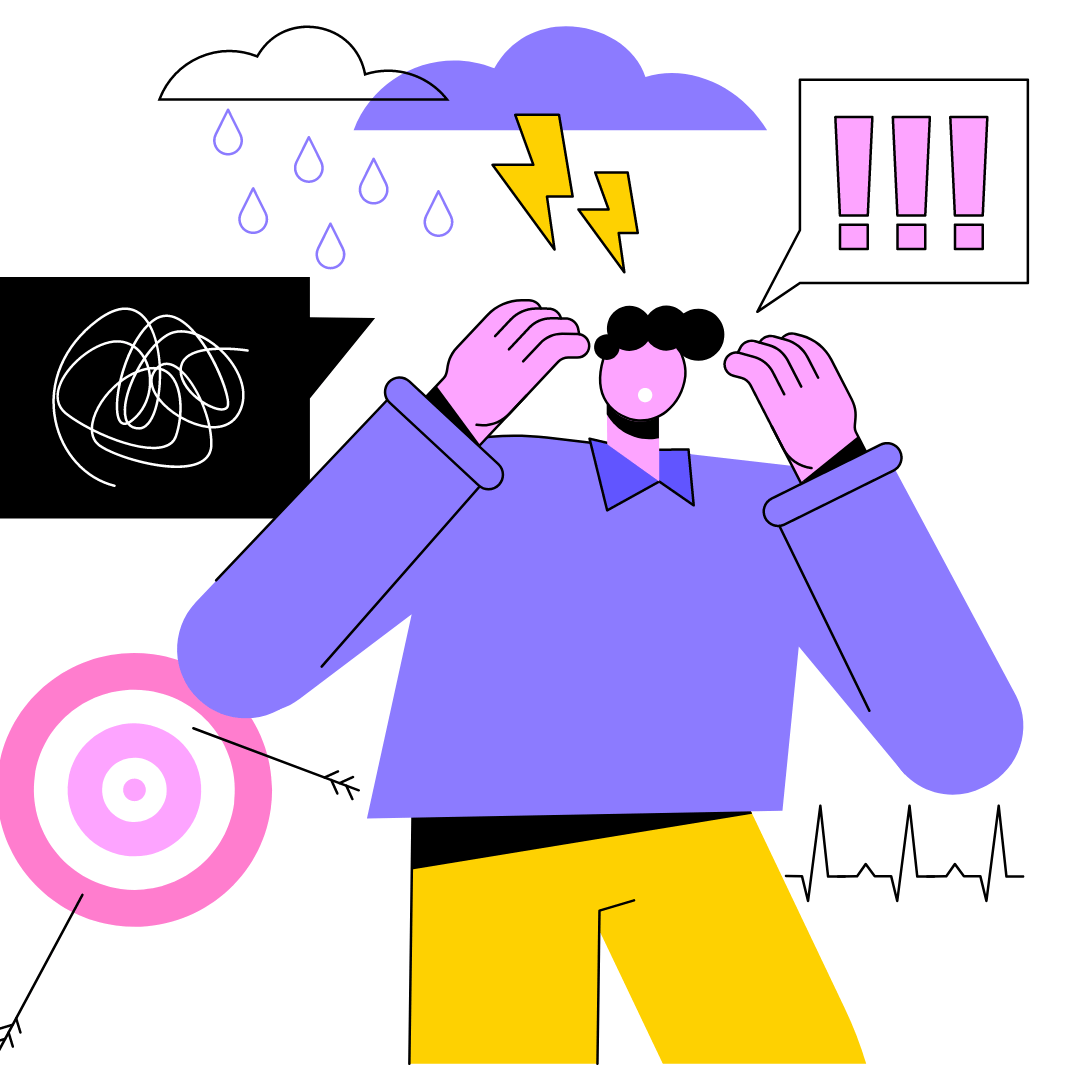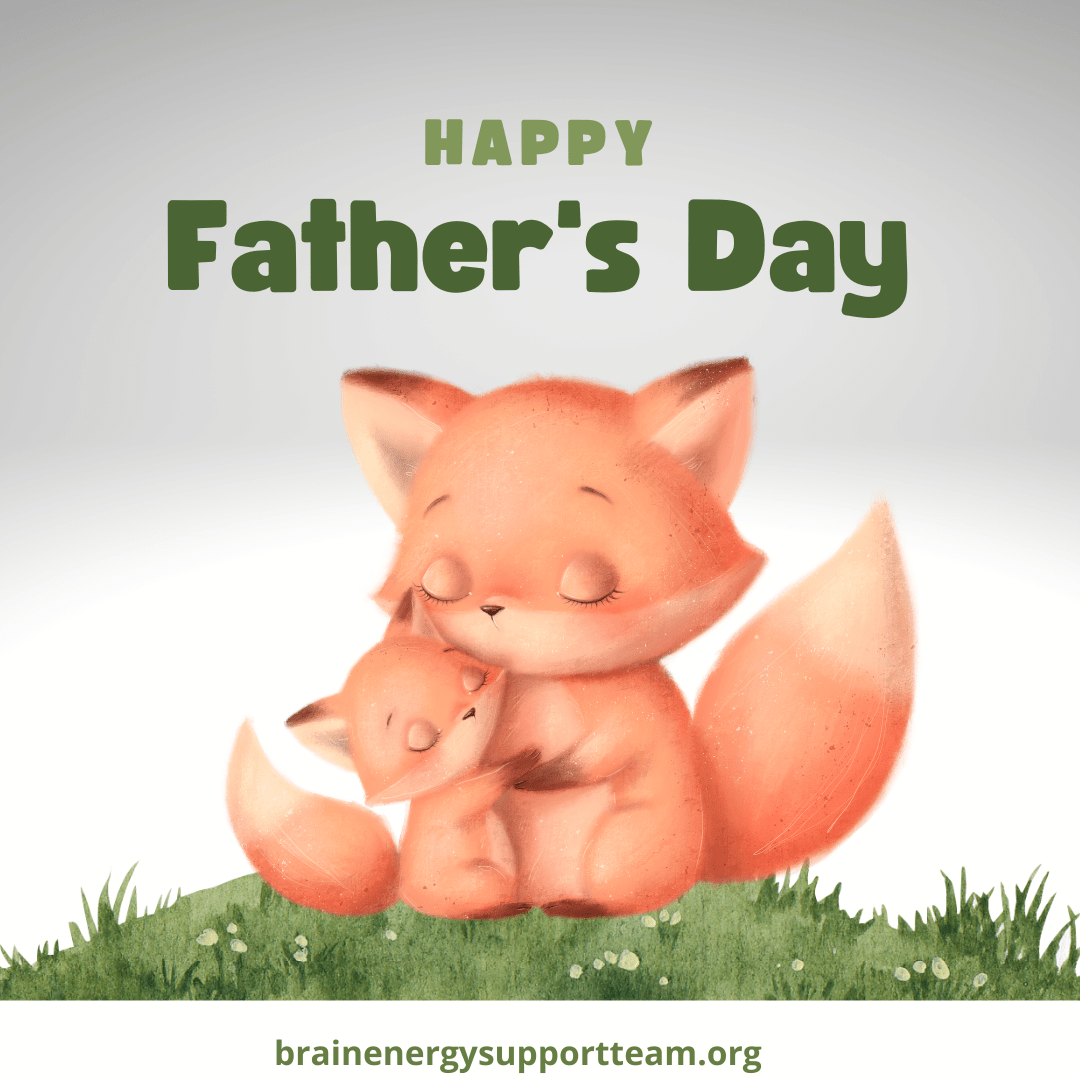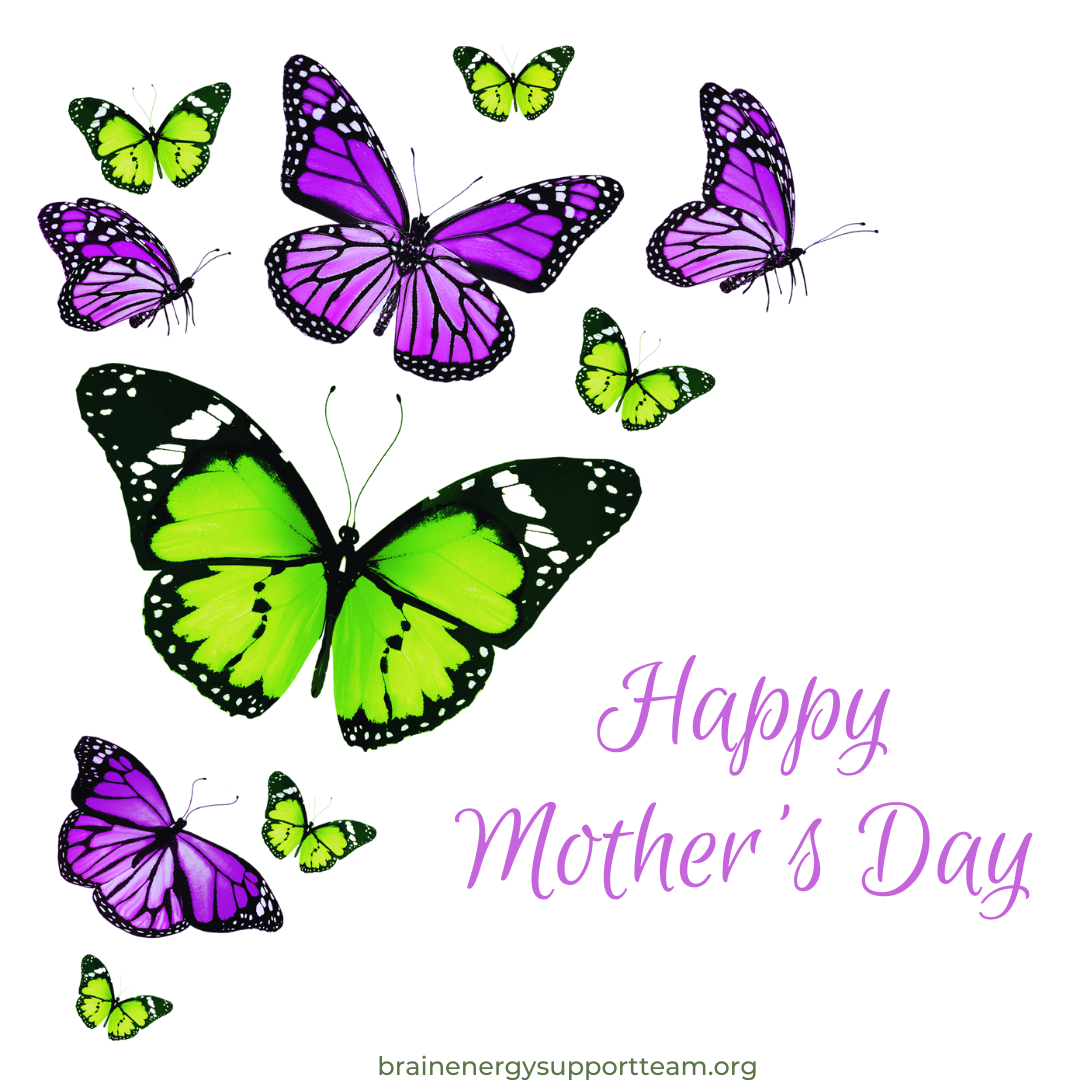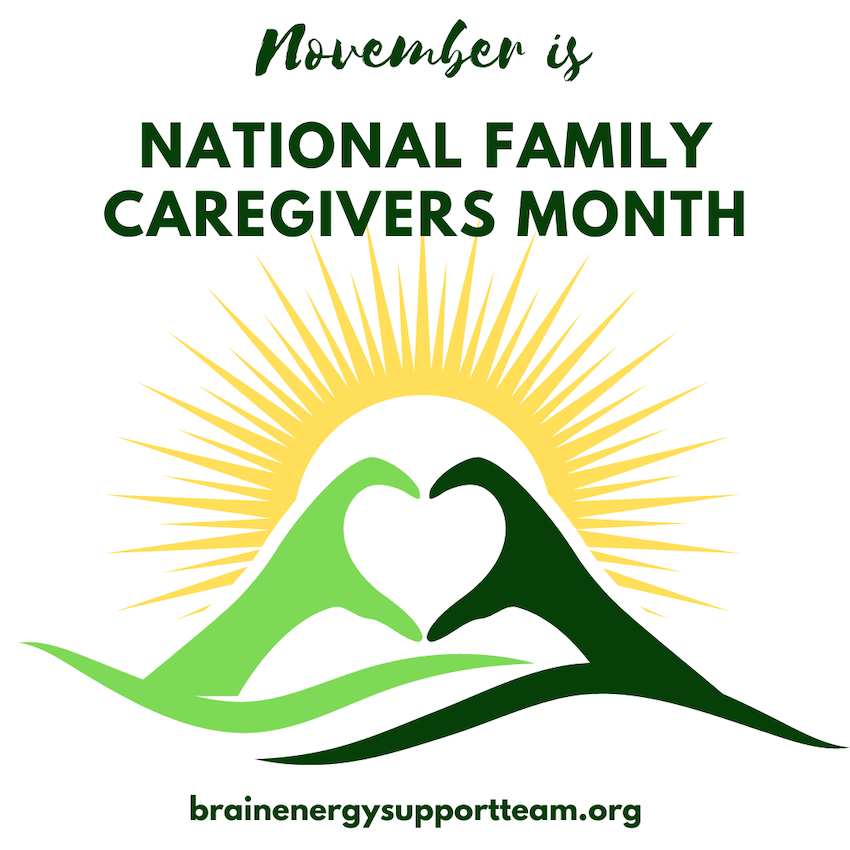(Editor’s Note: Enjoy this terrific and informative article on the holidays and YOU, from writer, blogger and BEST guest contributor, Kirsten Short! KT)
I was listening to the radio the other day and The Most Wonderful Time of Year began to play. You know the one…
It’s the most wonderful time of the year
With the kids jingle belling
And everyone telling you “Be of good cheer”
It’s the most wonderful time of the year
It’s the hap-happiest season of all
With those holiday greetings
and gay happy meetings
When friends come to call
It’s the hap- happiest season of all
There’ll be parties for hosting
Marshmallows for toasting
And caroling out in the snow
There’ll be scary ghost stories
And tales of the glories of Christmases long, long ago
It’s the most wonderful time of the year….
While humming along to this Christmas classic, an upsetting thought passed through my mind: Is it actually the most wonderful time of year?
Before sustaining my concussion in early 2017, I loved everything about the holidays: the decorations, Christmas trees and twinkling lights, the eggnog and mulled wine, the family gatherings and traditions, the snow, the carols, the craft fairs and markets, Santa Claus, gift giving, and (insert anything and everything you can think of related to the holiday season).
Since my injury, however, when I think of December, I find myself wishing for more silent nights and less rockin’ around the Christmas tree. The bright lights, loud music and large gatherings can be so overwhelming, lonely, exhausting and painful for someone with a brain injury. Now, instead of looking at my holiday schedule with glee and excitement, all I see is a lot of can’t do’s and stressful situations.
It is daunting.
By the end of the song, I was close to tears and feeling blue, so I took a few deep breaths and gave myself a stern talking to: Kirsten – you’re being awfully negative right now. Can you take off your self-pity pants and put on some positivity? Why are you so fixated on your weaknesses? And what you can’t do? What would happen if you focused on your strengths and the things you enjoy doing instead?
Good questions, right? I turned to Google for answers (shh… I know that you do this, too) and stumbled upon the field of positive psychology.
Positive psychology, as defined on the Positive Psychology Program website, is a scientific approach to studying human thoughts, feelings, and behavior with a focus on strengths instead of weakness, building the good in life instead of repairing the bad, and taking the lives of average people up to ‘great’ instead of focusing solely on moving those who are struggling up to ‘normal.
Under positive psychology, it is believed that each of us possesses 24 core strengths in varying degrees (they are listed in the image below). Accordingly, we all have a unique character strength profile or a ranking of these traits from 1 to 24, with 1 being our best quality and 24 being our weakest.

I know what you’re thinking: this is cool (do people still say cool?), but why do I need to know about my strengths and what order they are in?
Great question!
As reported on the VIA Character Strength website, when skillfully applied, character strengths can actually have a significant positive impact on your life. Studies show that frequently using your best (i.e. your top four) strengths increases engagement, happiness and well-being.
I wasn’t entirely convinced until I stumbled upon a study that examined the correlation between positive psychology and patients with traumatic brain injury (TBI). Here is the conclusion (you can read the whole article here):
Positive psychological interventions are approaches aimed at cultivating positive behaviors, thoughts, and emotions. Given the strength of the associations between positive aspects of character or ways of perceiving the world and positive feelings about one’s current life situation, it is possible that treatments focused on facilitating these virtues and strengths in persons who have experienced a TBI may result in better perceived outcomes, potentially fewer comorbidities [which is other diseases or conditions co-occurring with the brain injury, such as anxiety and depression], and better use of resources.
Sounds promising, right?
I found out my ranking by taking a quick, easy and free online assessment (click here). Based the results, gratitude was my top quality. Since taking the test, I have been flexing this strength regularly (just like a muscle) by setting aside time every day to savor a pleasant experience that I’ve had. I am also more mindful of things that I take for granted and I try to tell at least one person each day a reason why I am thankful for them.
The results? Overall, I feel a lot better.
Dr Ryan Niemiec wrote that humans have other strengths in addition to character strengths, such as talents (what you do well), interests (what you enjoy doing), resources (your external supports), and skills (developed through training).
My bet is that regularly using a mix of all of these would bring you even more positive results. Tim Ferriss, a bestselling author, entrepreneur and public speaker, would agree with me. He has been quoted saying that, it is far more lucrative and fun to leverage your strengths instead of attempting to fix all the chinks in your armor. The choice is between multiplication of results using strengths or incremental improvement fixing weaknesses that will, at best, become mediocre. Focus on better use of your best weapons instead of constant repair.
And he’s a big deal, so it must be true.
I know it would be naive for me to think that focusing on your character strengths, talents, skills, resources and interests will solve all your problems this holiday season. I don’t even expect you to take the self-assessment quiz that I referenced above. I challenge you, however, to make time to do what you are BEST at. We work so hard all year improving our weak areas and rehabilitating our deficits that I think its time for us to feel accomplished and happy by doing the things we enjoy and are good at. Maybe, like me, practicing gratitude each day will raise your spirits or perhaps you are an excellent baker and making cookies for your loved ones will bring you extra joy. Whatever it is, do it and make time for it! And maybe, just maybe, it can still be the most wonderful time of year and the hap-happiest season of all….
Let me know how it goes.
Happy Holidays!
– K
xoxo
Kirsten Short was born and raised in Coquitlam, British Columbia, Canada.  She has a Bachelor of Business Administration from British Columbia Institute of Technology and is a member of the Institute of Chartered Professional Accountants of British Columbia. From 2010 to early 2017, Kirsten worked in accounting firms where her client base consisted of small and medium-sized owner operated businesses, private companies, co-operatives, not-for-profit organizations and large public entities. Accordingly, she has a wide breadth of tax, advisory and assurance experience.
She has a Bachelor of Business Administration from British Columbia Institute of Technology and is a member of the Institute of Chartered Professional Accountants of British Columbia. From 2010 to early 2017, Kirsten worked in accounting firms where her client base consisted of small and medium-sized owner operated businesses, private companies, co-operatives, not-for-profit organizations and large public entities. Accordingly, she has a wide breadth of tax, advisory and assurance experience.
Unfortunately, Kirsten has been on medical leave since she suffered a concussion in February of 2017. However, she manages to stay positive despite her post-concussion symptoms, chronic migraines and visual snow. When not working on her rehabilitation, Kirsten takes full advantage of her ‘good’ hours by advocating for brain injury survivors and their families; this is a new passion of hers. She also enjoys yoga, reading, writing and taking her Boston Terrier, Charli, on walks. You can read more about her story on her blog: Concussions and Lawn Chairs.







